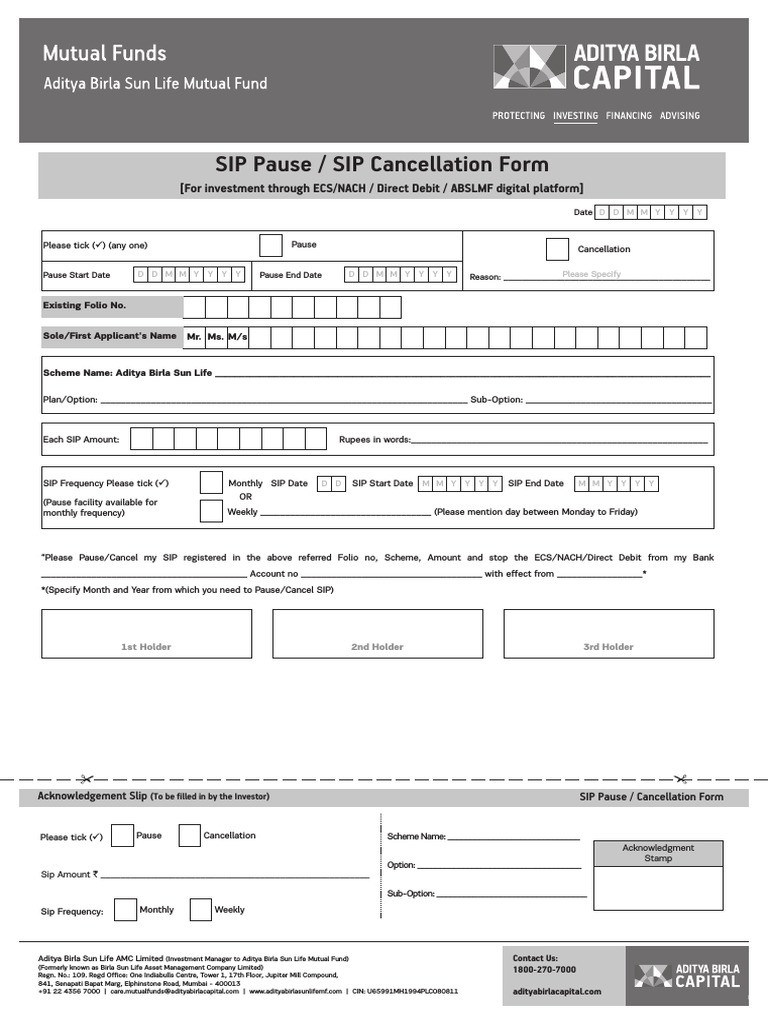Is Reform UK The Right Choice For UK Agriculture?

Table of Contents
The future of UK agriculture is uncertain. Brexit has reshaped trading relationships, while the urgent need to address climate change demands a fundamental shift in farming practices. Farmers face complex challenges, needing strong political representation to navigate this turbulent landscape. This article examines whether Reform UK offers the right solutions for the UK's agricultural sector. We'll delve into their policies on key agricultural issues, assessing their potential impact on the farming community and the wider UK food system.
<h2>Reform UK's Stance on Agricultural Subsidies</h2>
The backbone of agricultural policy in many countries is the subsidy system. Understanding Reform UK's approach to agricultural subsidies is crucial. Currently, the UK operates under Environmental Land Management Schemes (ELMS), aiming to reward environmentally friendly farming practices. Reform UK proposes a different approach, generally advocating for reduced government intervention and a shift towards free markets.
<h3>Comparison to Current Subsidy Schemes</h3>
Let's compare Reform UK's vision with the existing ELMS system:
- ELMS: Offers payments for actions such as improving biodiversity, reducing pesticide use, and enhancing soil health. Eligibility criteria are often complex, and funding levels vary based on the chosen actions.
- Reform UK (Proposed): Details on Reform UK’s specific subsidy replacement proposals are limited. They generally favour a significant reduction in direct payments, potentially focusing on targeted support for specific sectors facing severe challenges or specific environmental improvements, and placing greater reliance on market mechanisms. The exact funding levels, eligibility criteria, and environmental requirements remain unclear, making direct comparison difficult.
The potential impact on different farming sectors varies greatly. Dairy farmers, for example, might face reduced support under a less interventionist system, while arable farmers focused on high-yield monocultures could also see reduced subsidies. Livestock farmers practicing extensive grazing could potentially benefit from targeted support focused on environmental stewardship. The lack of detail makes assessing the full impact challenging. Funding for proposed changes is unclear, but Reform UK advocates for fiscal responsibility and reduced government spending overall.
<h3>Focus on Free Markets and Reduced Intervention</h3>
Reform UK champions free markets and reduced government intervention in agriculture.
Potential Advantages:
- Increased efficiency through competition.
- Reduced bureaucracy and administrative burden for farmers.
- Greater responsiveness to market demands.
Potential Disadvantages:
- Increased vulnerability to market fluctuations and price volatility.
- Potential for exploitation of farmers by larger corporations or supermarkets.
- Risk of reduced investment in research and development of sustainable farming practices.
Economists' opinions diverge on the ideal level of government intervention. While some argue that free markets lead to optimal efficiency, others emphasize the need for regulation to protect farmers and ensure food security. The long-term consequences of a drastically reduced subsidy system remain a significant area of debate.
<h2>Reform UK's Position on Trade and Food Imports</h2>
Trade policy significantly impacts UK agriculture. Reform UK generally advocates for freer trade agreements, potentially impacting UK food production and farmers.
<h3>Impact of Trade Deals on UK Farmers</h3>
Potential Benefits:
- Access to new export markets for UK agricultural products.
- Lower prices for imported inputs (e.g., feed, fertilizers).
Potential Risks:
- Increased competition from cheaper imports, potentially undercutting domestic producers.
- Displacement of domestic farmers due to lower import prices.
- Concerns about food safety and standards if import regulations are relaxed.
Reform UK's stance on specific trade deals requires further analysis. The impact on different farming sectors will vary. For example, dairy farmers might face increased competition from cheaper imports, while producers of niche products could potentially benefit from access to new markets.
<h3>Food Security and Self-Sufficiency</h3>
The UK currently relies on imports for a significant portion of its food. Reform UK's policies on food security and self-sufficiency are crucial. Data shows that the UK is not self-sufficient in many key food areas. Reform UK's proposals for enhancing food security are not explicitly detailed, leaving room for interpretation. Their emphasis on free markets suggests a reliance on market forces to address food security concerns. However, this approach could lead to price volatility and potentially reduced access to affordable food for consumers.
<h2>Environmental Concerns and Sustainable Farming Practices</h2>
Environmental sustainability is paramount in modern agriculture. Reform UK's approach to environmental regulations and sustainable farming practices needs careful scrutiny.
<h3>Reform UK's Approach to Environmental Regulations</h3>
Reform UK's position on environmental regulations in agriculture is less clearly defined than other aspects of their policy. They likely advocate for a reduction in burdensome regulations, potentially affecting targets for reducing pesticide use and carbon emissions. This could lead to concerns about environmental damage and hinder the UK's progress towards Net Zero targets.
Potential Consequences:
- Increased pesticide use, potentially harming biodiversity and water quality.
- Higher carbon emissions from agricultural activities.
- Reduced uptake of sustainable farming practices.
Expert opinions on the environmental implications of less stringent regulations are largely negative, with many scientists and environmental groups emphasizing the need for robust regulations to protect the environment.
<h3>Support for Sustainable Farming Methods</h3>
Information regarding Reform UK's specific support for sustainable farming methods, such as organic farming and agroecology, is limited. Without clearer policy details, it's difficult to assess their effectiveness in achieving environmental goals. Any support is likely to be market-driven, relying on consumer demand for sustainably produced food.
<h2>Conclusion: Is Reform UK the Right Choice for UK Agriculture?</h2>
Reform UK's approach to agriculture presents a mixed bag. While the emphasis on free markets could lead to increased efficiency in some areas, the potential risks associated with reduced government intervention and relaxed environmental regulations are significant. The lack of specific, detailed policy proposals makes a comprehensive assessment challenging. The long-term implications for food security, environmental sustainability, and the economic viability of the farming sector require careful consideration. To form an informed opinion, further research into Reform UK's agricultural policies is essential. Contact your local Reform UK representatives to discuss their agricultural platform and ask detailed questions about their proposals. Only through thorough investigation can farmers and the public determine whether Reform UK truly offers the right solutions for the future of UK agriculture.

Featured Posts
-
 Latest Lotto Lotto Plus 1 And Lotto Plus 2 Draw Numbers
May 03, 2025
Latest Lotto Lotto Plus 1 And Lotto Plus 2 Draw Numbers
May 03, 2025 -
 Dual Sense Ps 5 Controller Colors Your 2025 Purchase Guide
May 03, 2025
Dual Sense Ps 5 Controller Colors Your 2025 Purchase Guide
May 03, 2025 -
 A Place In The Sun Top Locations For Retirement And Investment
May 03, 2025
A Place In The Sun Top Locations For Retirement And Investment
May 03, 2025 -
 Doctor Whos Future A Pause Or Cancellation Showrunners Statement Analyzed
May 03, 2025
Doctor Whos Future A Pause Or Cancellation Showrunners Statement Analyzed
May 03, 2025 -
 Enjoy Up To 100 Off Hpc Ev Charging On The East Coast This Raya Shell Recharge
May 03, 2025
Enjoy Up To 100 Off Hpc Ev Charging On The East Coast This Raya Shell Recharge
May 03, 2025
